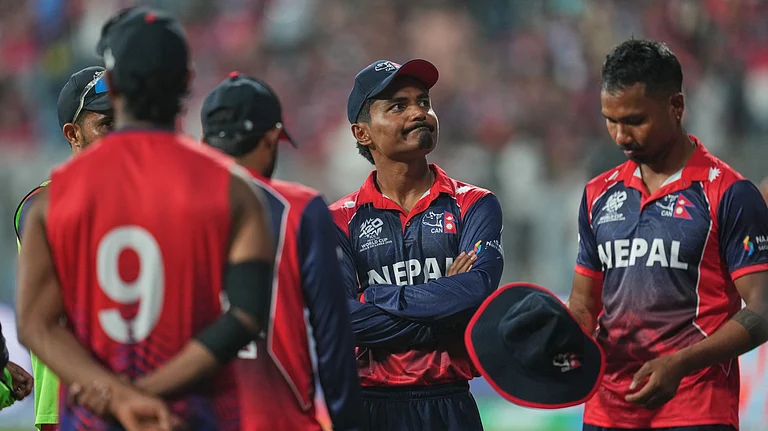Chinese Vice Premier He Lifeng on Sunday arrived in Pakistan to attend a ceremony marking 10 years of the ambitious multi-billion dollar China-Pakistan Economic Corridor (CPEC) project.
He, who is a member of the Politburo of the Central Committee of the Communist Party of China, during his visit from July 30 to August 1 will hold meetings with Prime Minister Shehbaz Sharif and President Arif Alvi, reported PTI.
He was received by Interior Minister Rana Sanaullah and Planning Minister Ahsan Iqbal upon arrival here, ARY News reported.
A statement issued by the Foreign Office (FO) earlier on Saturday said the Chinese vice premier, who is on a three-day visit to Pakistan at the federal government’s invitation, played a “prominent role” in China’s international economic relations and implementation of the Belt and Road Initiative, of which CPEC is a flagship project.
As the Chairman of the National Development and Reform Commission, he also was instrumental in the planning and execution of multiple CPEC projects in Pakistan.
The Pakistan FO said that He's visit reflects the importance attached by Pakistan and China to further deepen their “All-Weather Strategic Cooperative Partnership”.
It also reaffirms support on issues of each other’s core interests; enhances economic and financial cooperation; advances high-quality development of CPEC; and explores new avenues for strengthening trade and investment ties between the two countries.
The CPEC is a collection of infrastructure and other projects under construction throughout Pakistan since 2013.
Islamabad has so far received USD 25.4 billion in direct Chinese investment in various transport, energy, and infrastructure schemes under the flagship connectivity and investment corridor project, under the flagship connectivity and investment corridor project, part of Beijing’s Belt and Road Initiative (BRI).
The CPEC, which connects Gwadar Port in Pakistan's Balochistan with China's Xinjiang province, is opposed by India as it is being laid through Pakistan-occupied Kashmir.
The BRI was launched by Chinese President Xi Jinping in 2013. It aims to link Southeast Asia, Central Asia, the Gulf region, Africa and Europe with a network of land and sea routes.
The BRI is seen as an attempt by China to further its influence abroad with infrastructure projects funded by Chinese investments all over the world.
The initiative also led to allegations of smaller countries reeling under mounting Chinese debt after Sri Lanka gave its Hambantota port in a debt swap to China in 2017 on a 99-year lease.


























